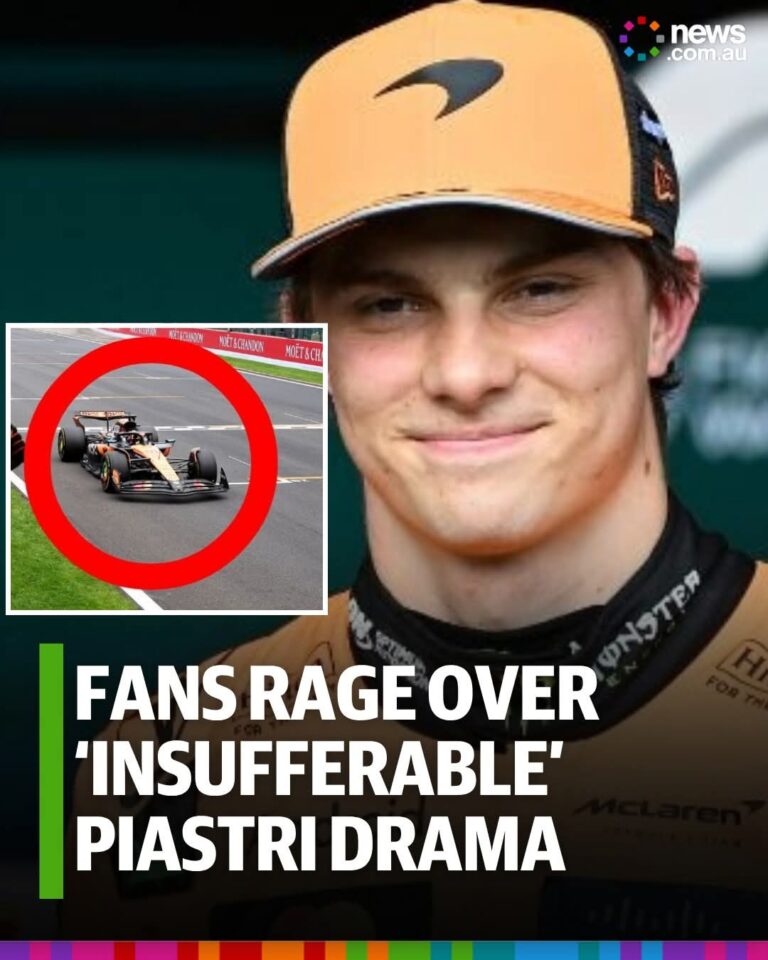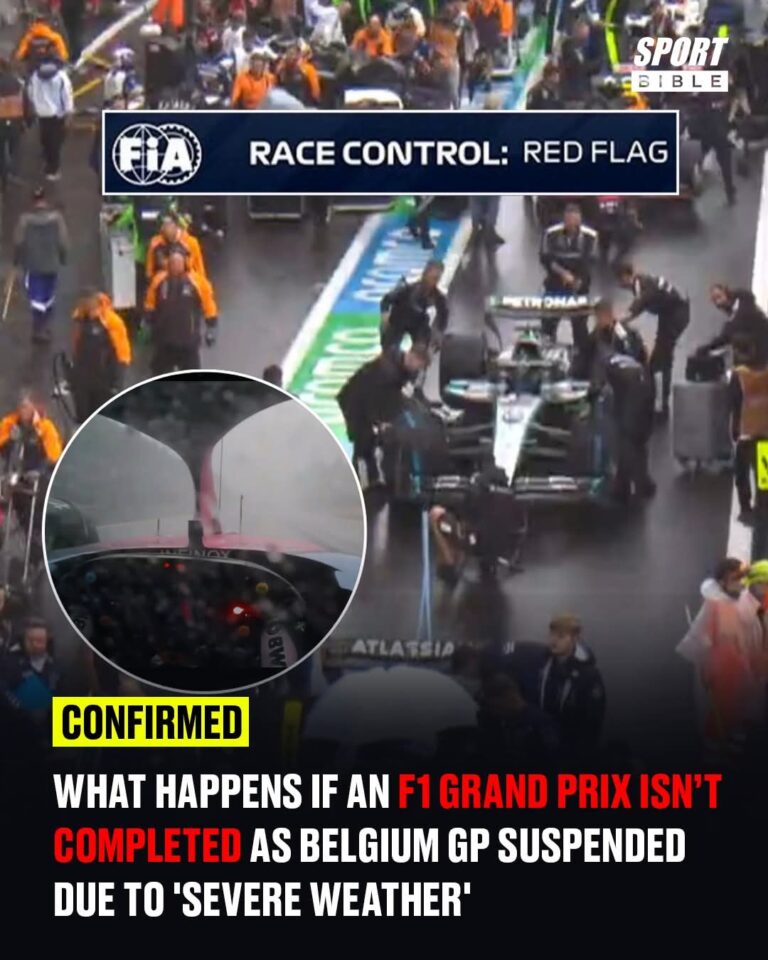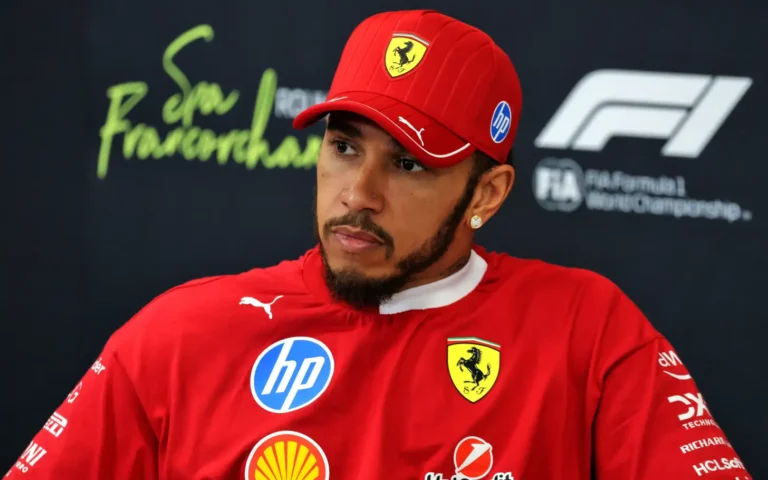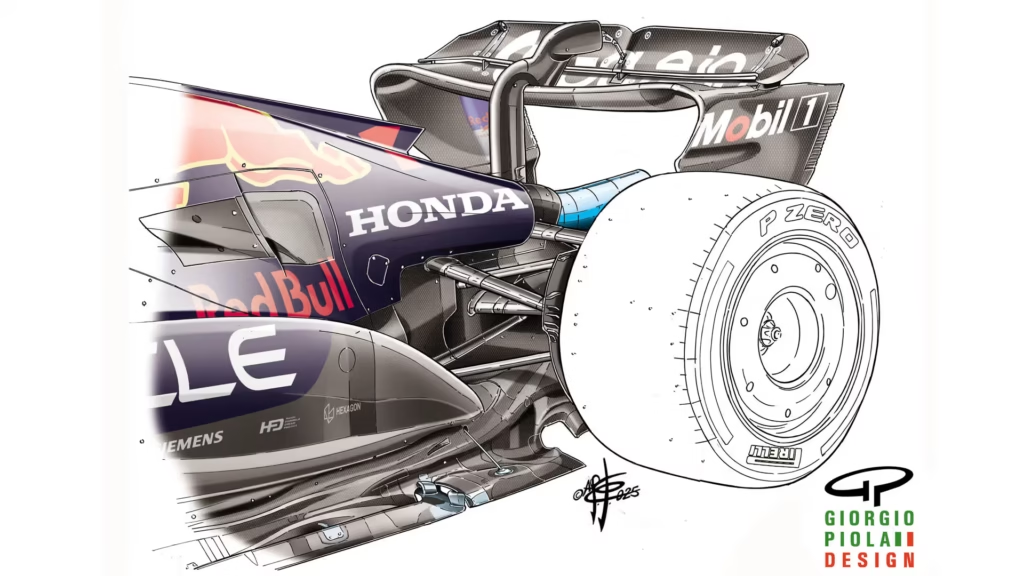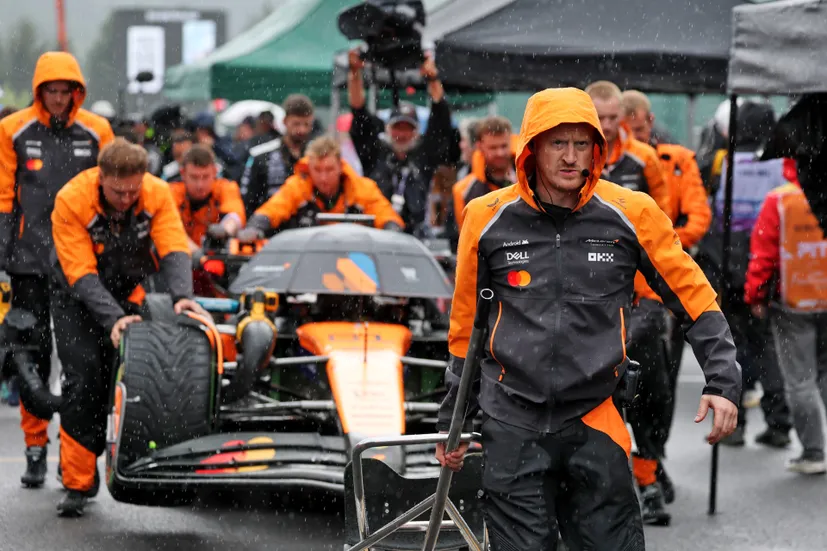
The FIA has faced intense backlash for its handling of the Belgian Grand Prix, with critics arguing that a series of missteps deprived fans of what could have been an iconic race. Among the most vocal was Dutch commentator Olav Mol, who lambasted the governing body for what he deemed an overly cautious approach and procedural blunders.
The race commenced an hour and a half late, initially behind the safety car, before transitioning into a rolling start. During the opening laps, Lando Norris lost his pole advantage to McLaren teammate Oscar Piastri on the Kemmel Straight. By the time the Grand Prix unfolded, conditions were nearly dry—a stark contrast to earlier torrential rain—fueling frustration among drivers, including reigning champion Max Verstappen. Mol argued on Ziggo Sport’s Race Café that the delay robbed spectators, who endured harsh weather for hours, of a thrilling wet-weather spectacle.
The situation escalated further when, after the formation lap, cars were redirected to the pit lane under a red flag. A new start time was only communicated an hour later. Mol contended that the FIA compounded its errors by refusing to reopen parc fermé regulations during this downtime. Teams that had gambled on a full wet setup, such as Aston Martin and Ferrari’s Carlos Sainz, were locked into compromised configurations once the track dried.
According to Mol, this rigidity distorted the competitive balance: “Half the grid ran with a hybrid rain setup, while some were saddled with full wet configurations, rendering their races effectively ruined. The FIA could have permitted adjustments post-red flag, but instead, they stripped the event of fairness and spectacle.” He further noted that Red Bull, anticipating persistent rain, had also committed to a high-downforce arrangement, which ultimately proved detrimental under drying conditions.
The debacle reignited debates over FIA race management in volatile weather. While the governing body defended its decision as prioritizing safety, detractors insist that poor communication and procedural inflexibility marred the weekend. For many, the Belgian Grand Prix, traditionally a theater for dramatic racing, instead became a case study in avoidable mismanagement—leaving a sour taste for fans and competitors alike.

